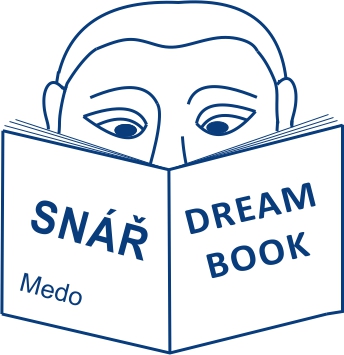The Dream Book of Self-Knowledge
- guarding one's thoughts and content of the conscious mind: although almost all psychologists declare that we are not responsible for our dreams, I am of the opposite opinion and this example is one of many that supports my view since in a certain phase of spiritual development there comes the ability to qualitatively project the content of the consciousness to subconscious processes and to dreams, by which the dreamer stops living on autopilot*44 and can influence the content of consciousness directly in dreams, and thus rid himself of unwanted thoughts and states of mind.
- rejecting sinful thoughts: allows a return to the arms of emotional experience.
- understanding the thoughts of animals: an important dream since the dreamer had found an understanding for his own instinctual part; now he can recognize and master instincts in favor of feeling.
- understanding the thoughts of a horse: a very important dream since the dreamer has found a sincere relationship to the transitional symbol of the horse (instincts-emotions) enabling him to understand and control it for the good of emotions.
- understanding the hidden thoughts of a people: a crucial dream in a person's spiritual development since by understanding the law of cause and effect, which does not only apply for physical phenomena, but also in the acts, feelings and thoughts of people, the dreamer can be able to read the thoughts of others and avoid falling into instinctual experience.
- creating by thought, a change of the dream's content through a thought, materialization through thought: once a person, even if momentarily, loses his ego (e.g. when in love, when thoughts are exclusively directed at another person), there inevitably appears in dreams the creative ability and power to change the course and setting of a dream; see Active Imagination archetype.
- thoughts about God: the path to liberation based on the example of Enoch in the Bible who is an eternal example of absolute "Bhakti Yoga," since there did not remain in his mind anything that would keep him on the plane of a material visible world except for divine thoughts, and he was able to leave, without experiencing death, and even in his physical body definitively ascend to God (see Numinosum archetype).
- controlling one's thoughts: this image confirms that a similar activity has passed from the waking consciousness to the subconscious and into dreams and is becoming an important factor in the self-improvement process, which enables a view of unforgotten experiences of the Active Imagination archetype.
- eliminating thoughts: the path to peace and tranquility of the mind.
- a state without thoughts, an emptied mind: the matter of antitheses dissolves into the non-existence of everything, and thus into the non-existence of antitheses (such an experience appears in dreams as the result of emptying the mind in meditation).

